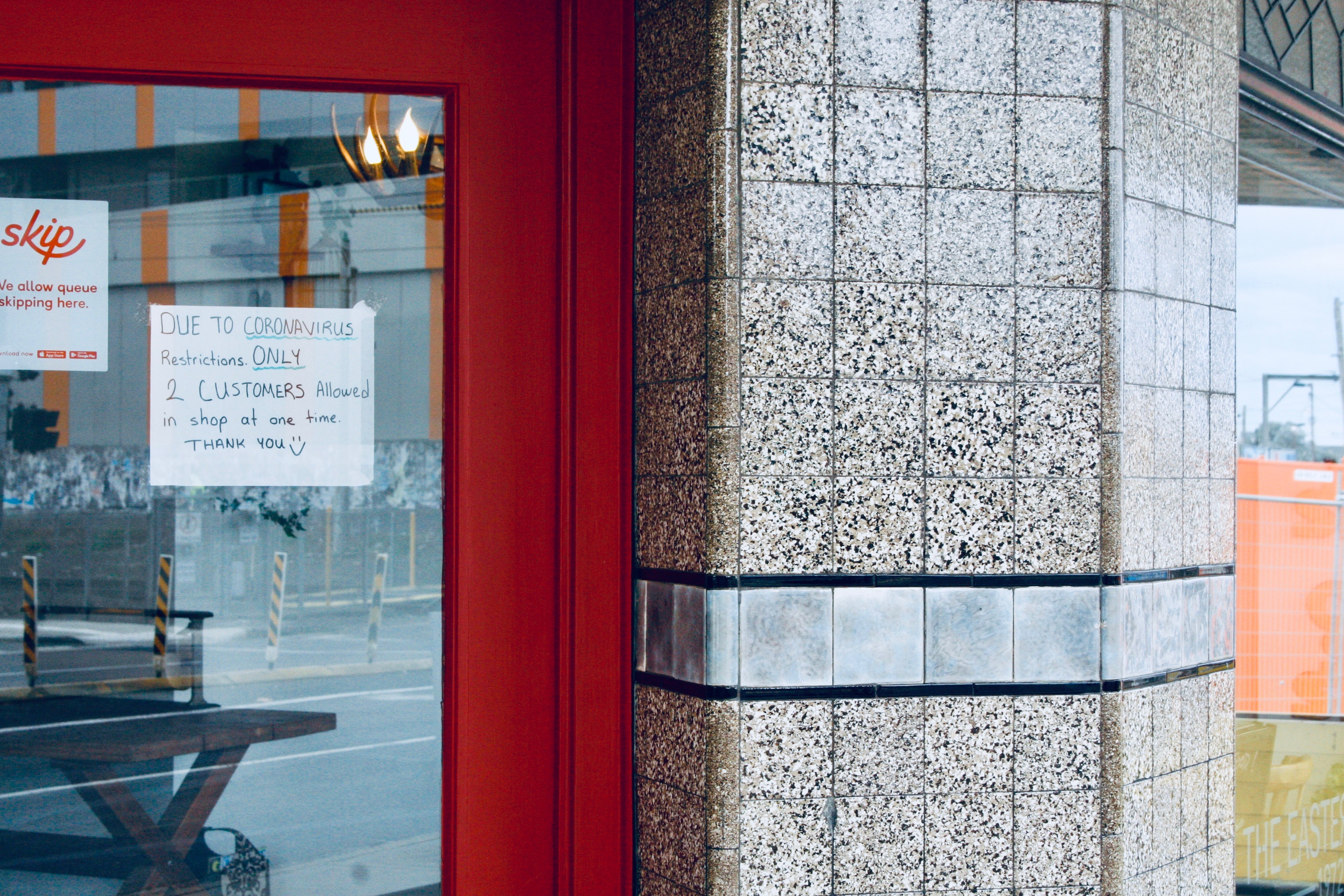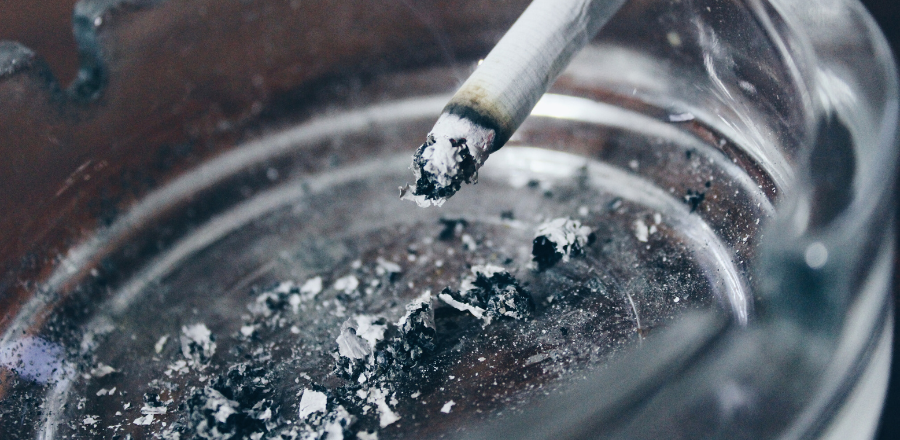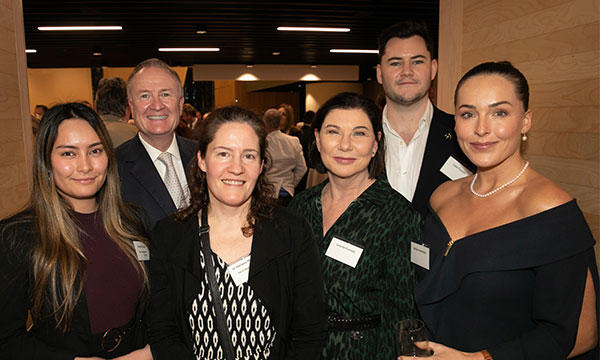
University of Melbourne researchers are joining forces with Arizona State University and a network of overseas intuitions to create an archive of people’s experiences during the coronavirus (COVID-19) pandemic.
The project, ‘A Journal of the Plague: an archive of COVID-19’ is inspired by Daniel Defoe’s 1722 novel A Journal of The Plague Year, an account of the experiences of a man living in London during the 1665 outbreak of bubonic plague.
The archive project aims to create a repository of diverse COVID-19 experiences for future researchers to look back upon and make sense of a tumultuous period in world history. It also aims to bring communities together as they document how the COVID-19 outbreak has affected their daily lives.
University of Melbourne Australian history expert Professor Andrew May, director of the Melbourne History Workshop, said that the project is a way of helping our community to understand the extraordinary as well as the ordinary aspects of the pandemic.
“We’re hoping that people will take to this online journal as a diary of their personal reflections and a way to share everyday moments of difficulty as well as optimism,” Professor May said.
“Together with hundreds of other contributions across the globe this will create a rich historical record of the pandemic.”
People are encouraged to share testimonies, videos, Instagram, Facebook posts, tweets and emails – anything that speaks to paradoxes of the moment.
“This is a fantastic opportunity for community history, or ‘citizen heritage’ if you like,” Professor May said. “We are able to send a message to the future about the impact of this momentous event at a local as well as collective level.
“We’re interested in the obvious experiences of social distancing, shortages, closure of venues and so on, but also the personal and emotional impact of isolation, working from home, job loss, dealing with kids, and looking after the vulnerable.”
The project was created by Professors Catherine O’Donnell and Mark Tebeau at Arizona State University. It follows in the footsteps of previous efforts to document times of crisis including the September 11 Digital Archive and the Hurricane Katrina Digital Memory Bank.
To contribute to the archive, please visit: . All entries are moderated by the archivists.







